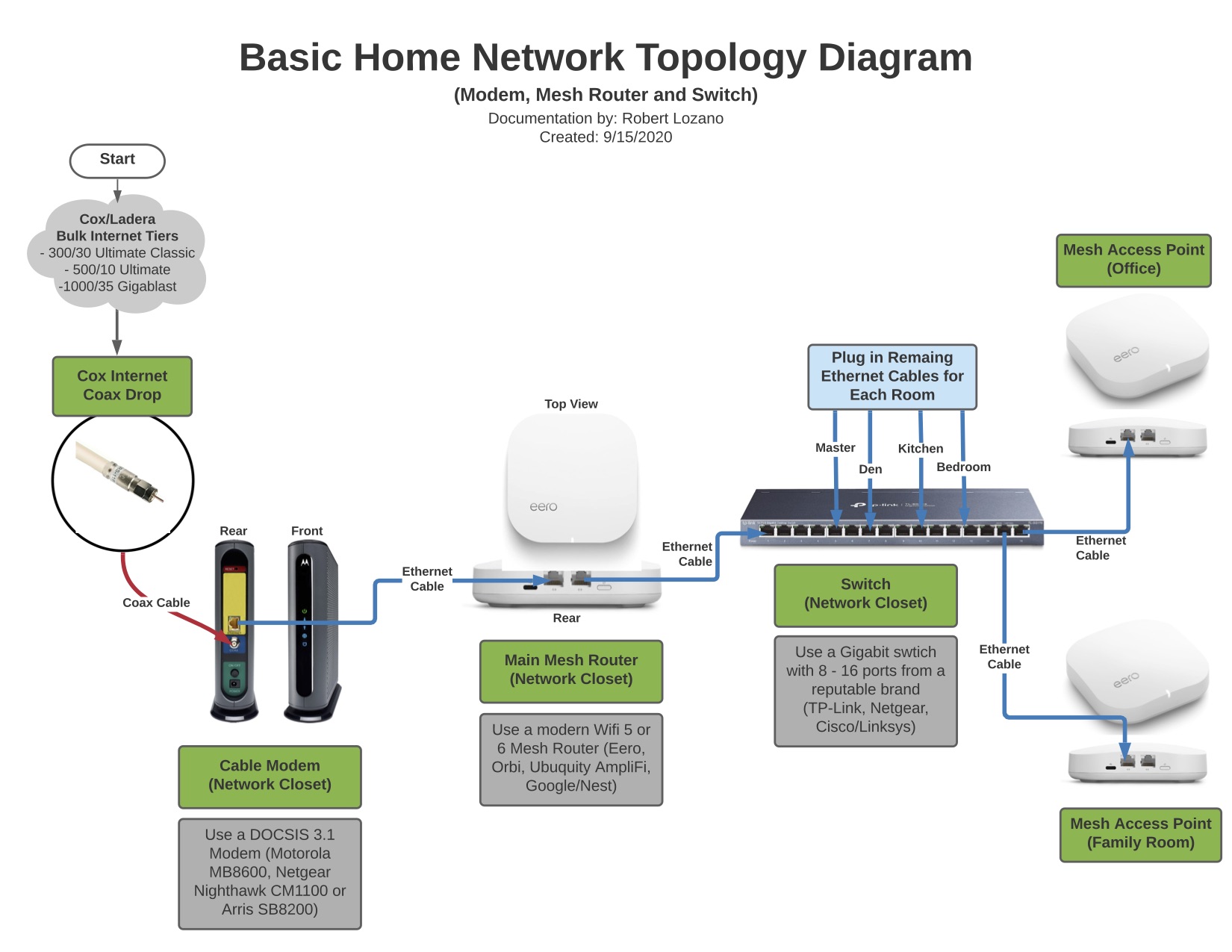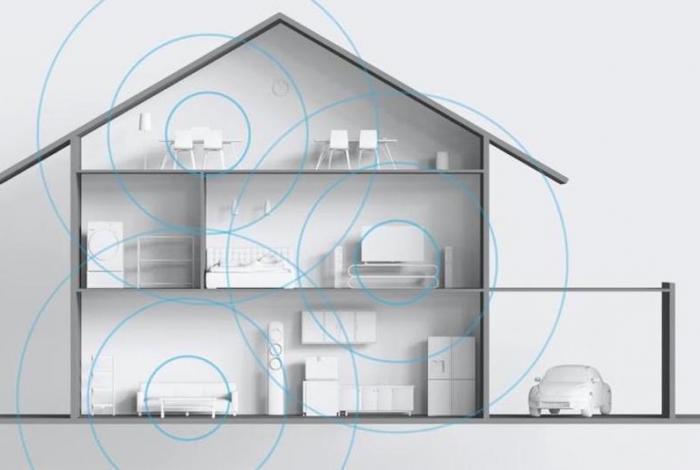Robert Lozano, LARCS Chair, Technology Advisory Committee and Founder, Ladera Ranch Free Tech Support Facebook page shares insights on home WiFi technology to help residents get the most from their home Internet service.
Hello Ranchers! This article was created to help Ladera residents select the right equipment for their Cox Internet service. The recommended modems and routers listed in this article are Cox Certified and/or have been tested by residents who are members of the Ladera Ranch Tech Support Facebook group and by residents who have shared success stories of equipment as it pertains to performance, stability and overall WiFi experience.
Let’s Begin with Modems.
A cable modem is the most common method of Internet connectivity for residential homes. The main function of a cable modem is to provide the communication mechanism between your Internet service provider’s network (Cox) and the network wiring in your home.
What to look for in a modem: The main features to look for to ensure you get the full speed you signed up for, the reliability that comes from a reputable manufacturer, and future-proofing your investment for faster speeds in the years to come are:
- ISP Compatibility: Check to make sure your modem is on the Cox Certified List.
- DOCSIS 3.1: Data Over Cable Service Interface Specification (DOCSIS) is the technology that allows data transport over a coaxial cable.
Your modem must be 3.1 (NOT 3.0). Without a 3.1 modem you’ll have a hard time reaching over 180 Mbps and you’ll never get to Gigabit (Gigablast) speeds
- 32×8 Channel Bonding: If you require DOCSIS 3.0 for backward compatibility, go for more channels. The more channels you have, the more speed Cox can push to/from your home. A 32x8 channel modem means it has 32 channels for downloading and 8 channels for uploading. With each home having many devices connected to the Internet – for work, streaming, gaming, security cameras, smart doorbells, Alexas, and refrigerators, it’s important to performance.
- Gigablast Compatibility: Cox® Gigablast is Cox’s fastest available connection. It is capable of achieving gigabit speeds. One gigabit is 1,000 megabits. The speed is referred to in Gbps (gigabits per second) compared to Mbps (megabits per second) and refers to the speed that data is transmitted per second. Try the Cox Speed Test (bit.ly/ CheckYourSpeed) to see what speeds you’re getting.
Recommended Modems:

Next, Let’s Talk About Routers.
The main purpose of a router is to connect multiple networks together and to “route” your network traffic appropriately depending on where it is destined (e.g. within your own home network or out to the Internet like Google, Facebook or a VPN connection at work). Routers also broadcast your Internet connect locally and securely (WiFi) to all your wireless devices.
What to look for in a router:
- Mesh Wi-Fi Technology: Whole house Mesh WiFi extends far beyond what a single traditional router can do. It expands your network and shares it across multiple devices (aka pods or satellites) making it seem as if you have 2–4 routers in your home. Think of it as a router that is chopped up into smaller pieces that can be distributed across your house in an effort to blanket your entire home as a single seamless WiFi network. With a good mesh WiFi router you can get rid of dead spots.
- Smart Phone App Management: Smartphone apps for your router will allow for easy installation, extended visibility and built in testing and security features that make it fun for managing your network at home.
- Minimum Wi-Fi Standard of 5 or 6: The Wi-Fi 5 Standard (aka 802.11ac) is still okay in my book , but Wi-Fi 6 (aka 802.11ax) is the latest and greatest. Both 5 and 6 standards offer exceptional performance, capacity for multiple devices, fast transfer speeds to/ from devices, but 6 is better overall. If you’re a gamer, go for the Wi-Fi 6 standard. The rest of ya’s can use a 5 and maybe save a little money.
- Gigabit Capable: Routers must be capable of achieving Gigabit wire speeds.
Recommended Routers:


Learn more about your Cox internet service.














